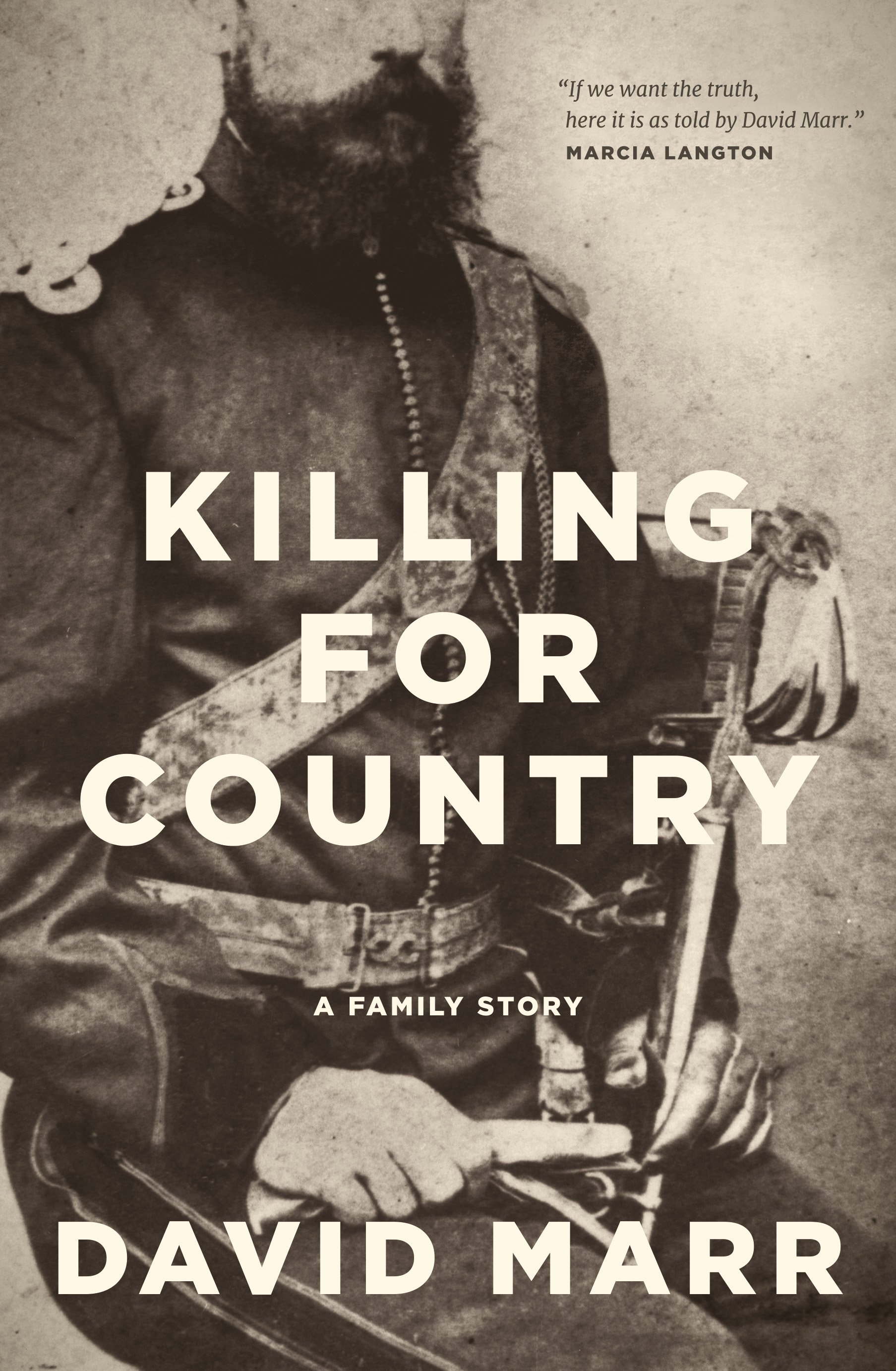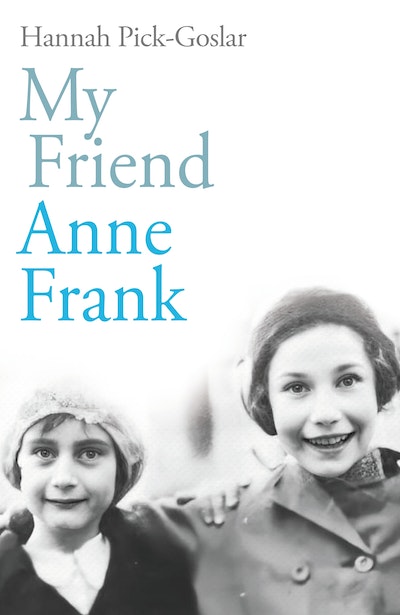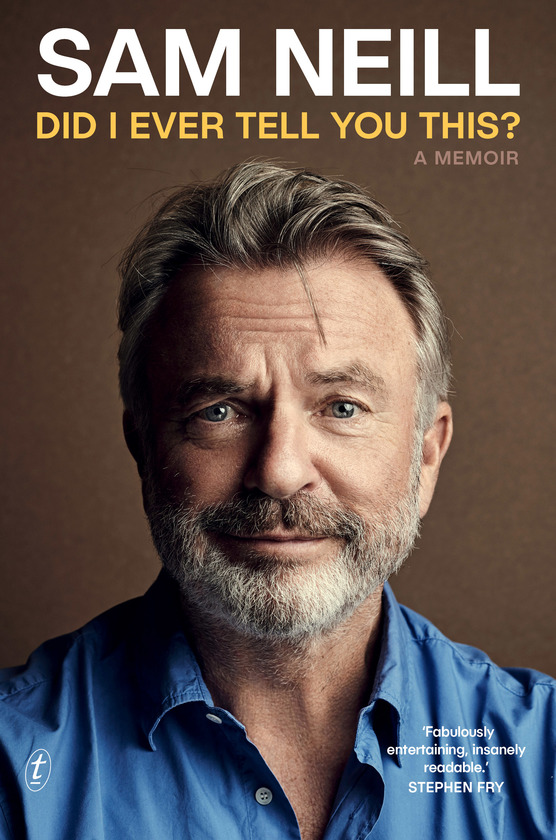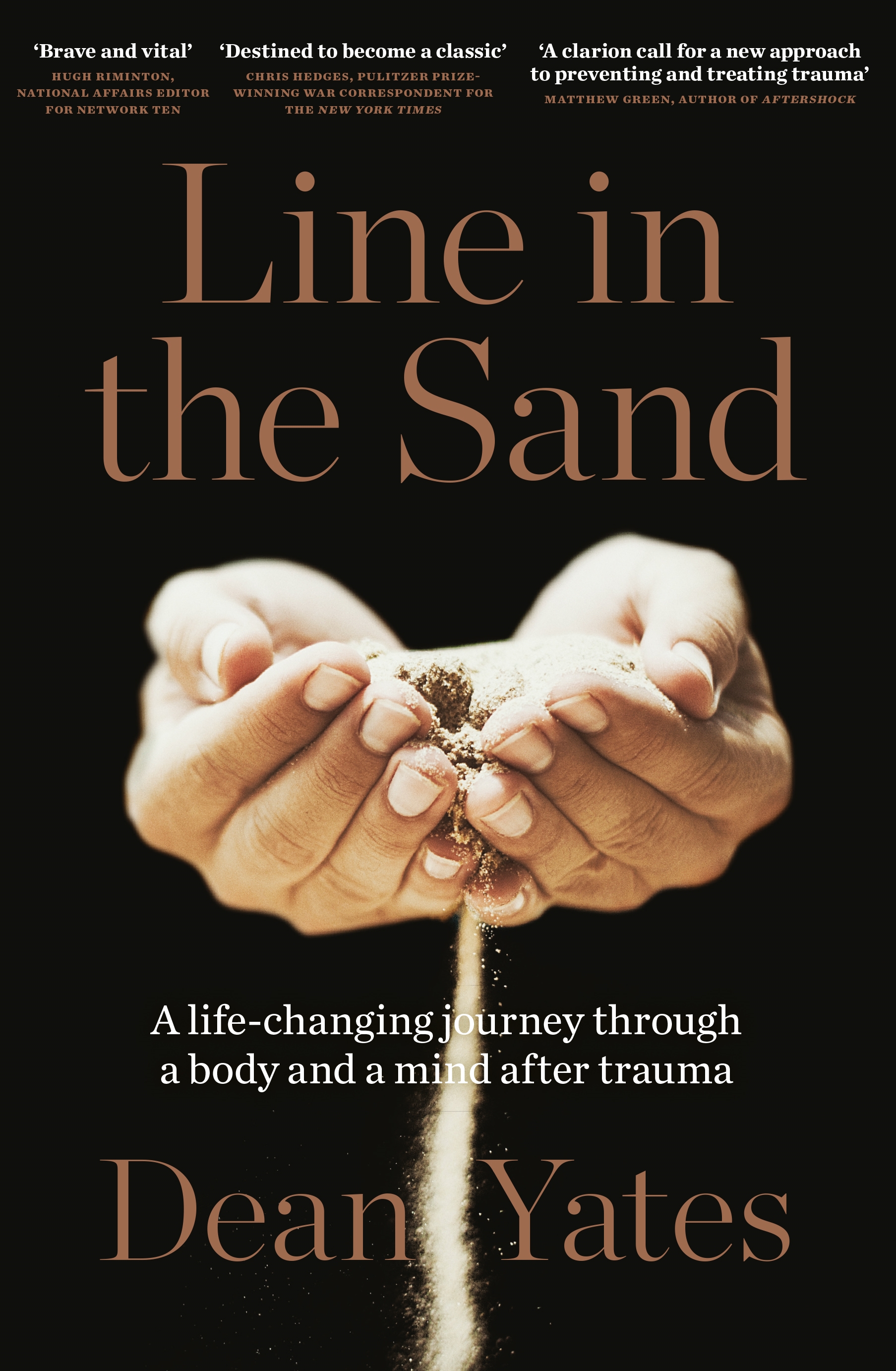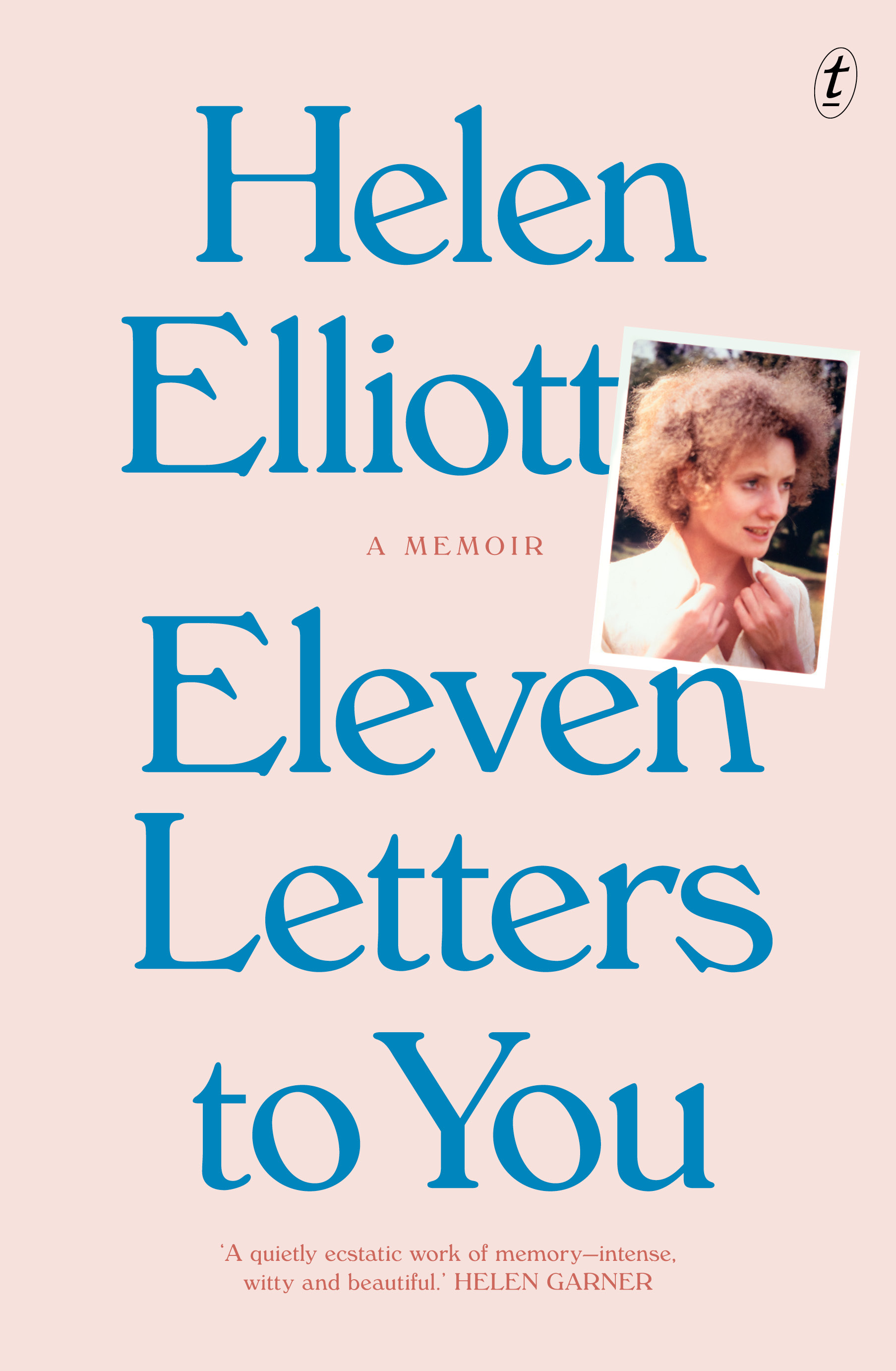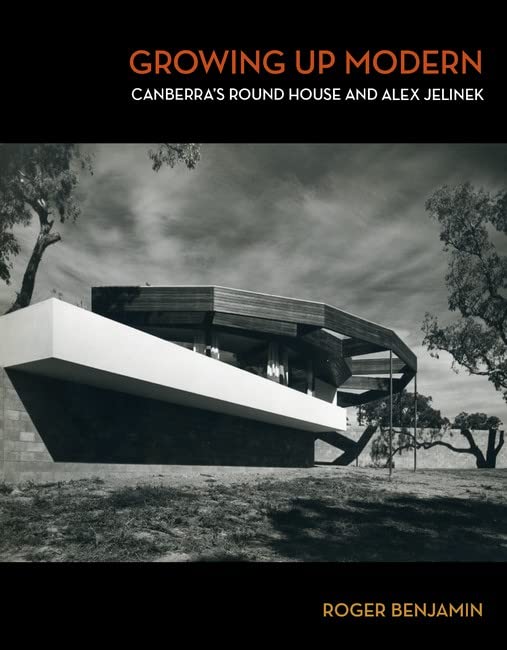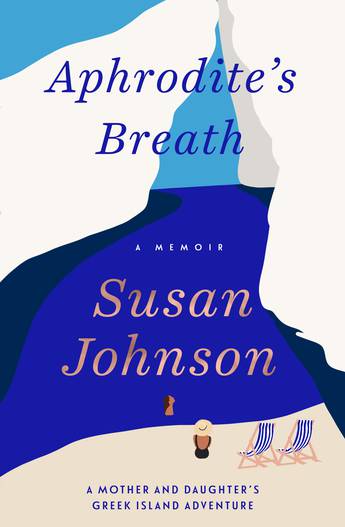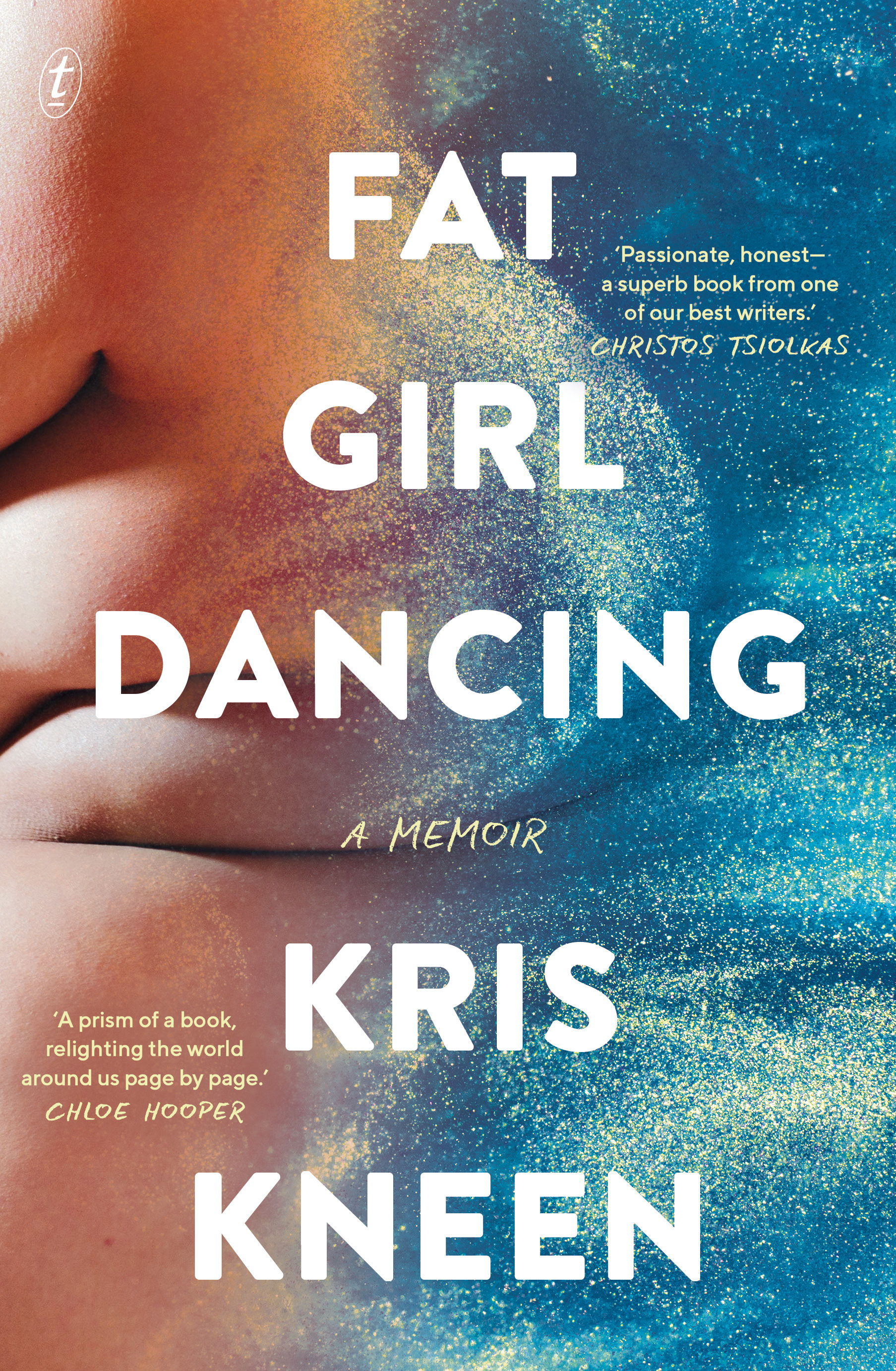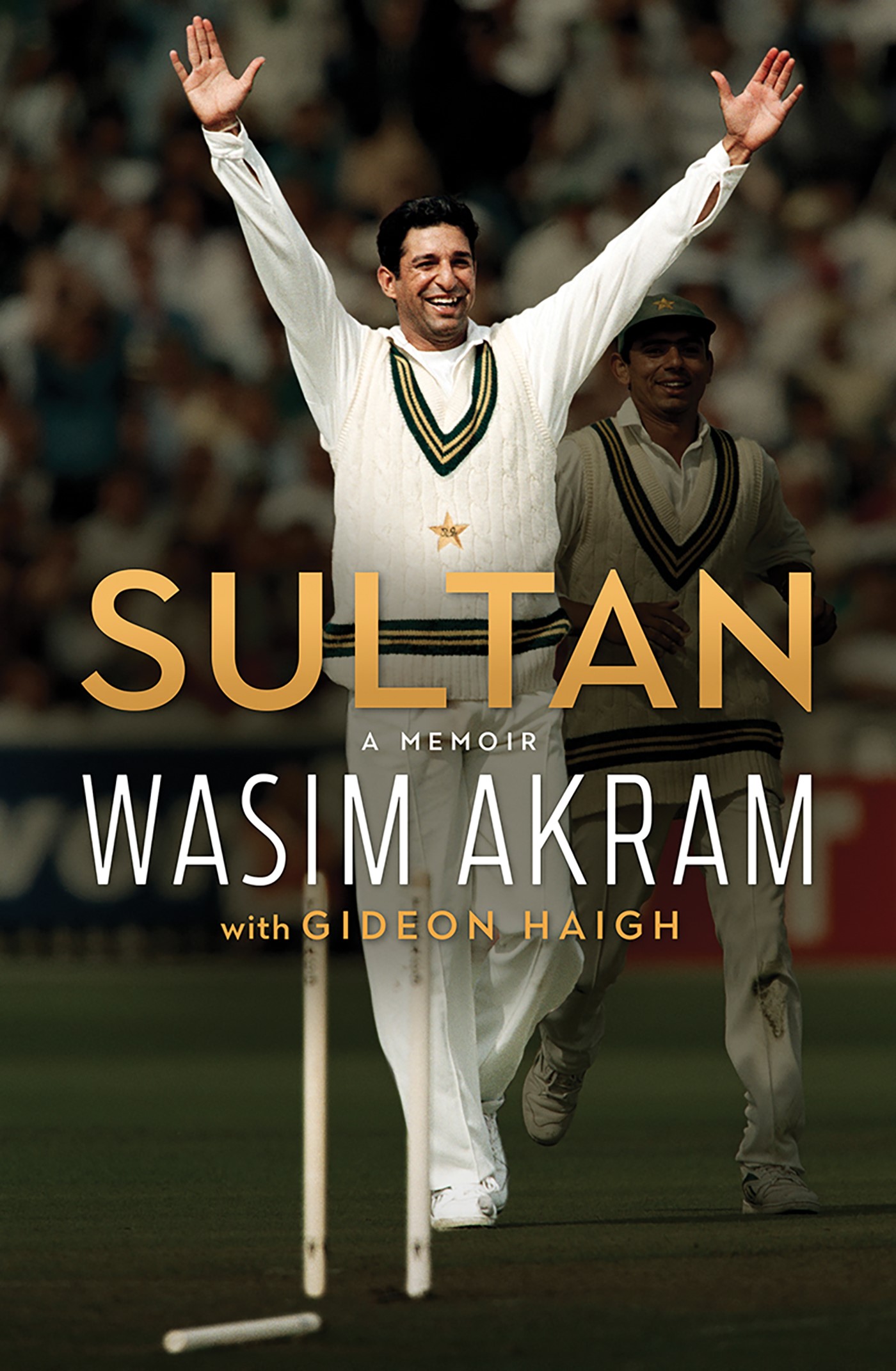Memoir
Forty-three years ago, David Marr – journalist, broadcaster, biographer, political commentator, and public intellectual – published his first book, a sharp, memorable biography of Garfield Barwick, former Liberal attorney-general and chief justice of the High Court. After the appearance of Patrick White: A life in 1991, long considered one of the best biographies ever written in Australia, he might well have followed the more predictable path of the serial biographer. But Marr’s trajectory has proved to be anything but predictable.
... (read more)'Not everyone wants to hear about the Holocaust. It’s easier to read Anne’s diary.’ As a survivor of the Shoah, Hannah Pick-Goslar was acutely aware of this piteous truth. She made the statement during a 1998 interview marking the release of a children’s book about her close friendship with Anne Frank and her own remarkable survival. For the countless readers familiar with Frank’s diary, Hannah (referred to as Lies, a pseudonym linked to her nickname) is a recurring presence. There are diary entries in which a distressed Anne, rightly assuming that Hannah is not in hiding, beseeches God to watch over her friend so that she may live to the end of the war. In history and this book’s wake, these passages are rendered even more bitterly tragic.
... (read more)Memoirs by Robert Lowell, edited by Steven Gould Axelrod and Grzegorz Kosc
At his death in 1977, Robert Lowell was considered one of the greatest and most influential American poets of the century. He had absorbed the academic formalism of the Fugitives and New Critics, but had gone beyond it with a humanising anger, the suffering visions of a manic-depressive. Among the Confessional Poets – as W.D. Snodgrass, Anne Sexton, Sylvia Plath and others had come to be called – he was loftier, more prodigious and prolific. Seamus Heaney, who outgrew Lowell’s influence to become a figure of global importance, called him our ‘master elegist / and welder of English’. Not wielder, but welder. Lowell forged his poems, putting words together like pieces of steel. Another critic called his early style ‘imbricated’ for its packed masonry of sound.
... (read more)Did I Ever Tell You This? by Sam Neill & Everything and Nothing by Heather Mitchell
Despite their proliferation, celebrity memoirs often seem incapable of justifying their own existence: a string of carefully curated anecdotes woven together to approximate a life already lived in the glare of the media. Perhaps because actors are on the one hand concealed by the roles they play, and on the other exposed to the prying eyes of the public, their autobiographies tend to inhabit a paradoxical netherworld of disclosure and obfuscation, cautious oscillations on a back off/come hither axis. Both Sam Neill’s and Heather Mitchell’s recent memoirs traverse this uneasy ground, feeding us sometimes incredibly intimate details while remaining stubbornly mute on the larger questions of their careers.
... (read more)We’ve all seen the video. The black and white images are washed out, almost solarised, by the heat and glare of a Baghdad morning in 2007. As the men walk and mingle on the street, we can make out the length of their hair, pick out the skinny from the stocky, and identify what they are wearing, loose trousers, casual shirts – one with distinctive broad stripes. Mercifully, we cannot discern their individual features. All the while, the Apache helicopter hovers, unseen and unheard, its cameras trained on the men below. The crew exchange terse messages with US troops in the area and their commanders back at the flight line. Having identified weapons that the men carry and confirmed that they are not coalition forces, the crew request and receive permission to engage, manoeuvring the gunship to get a clearer shot.
... (read more)In an exuberant essay anticipating the publication of Eleven Letters to You, the critic and editor Helen Elliott describes the deep pleasure of working on the book: ‘The satisfaction of writing this book, of making it as good as I can has been unlike anything I’ve ever known. A necessary joy, the deepest new, an entirely selfish pleasure. A small and ravishing bomb inside me’ (The Monthly, May 2023). After this introduction, it was a relief to read the book and find that it doesn’t disappoint. The exuberance of the writing process filters through to the finished pages, populated with ostensibly ‘ordinary people’ – Elliott’s highly provisional term – who have made a deep impression on the writer.
... (read more)Growing Up Modern: Canberra’s Round House and Alex Jelinek by Roger Benjamin
Childhood memories often merge real life with imaginary nostalgia, but in Growing up Modern, Roger Benjamin’s memoir of his family’s 1956 modernist Round House, in the then rural Canberra suburb of Deakin, we find adolescent memories collaged with a mix of archival, architectural, social, and personal histories. It is set mainly during Australia’s postwar years of the 1950s when reconstructive policies drove economic, scientific, educational, and cultural reform. this was also a time when an influx of immigrants, multicultural labourers, and specialist émigrés inserted themselves into Australia’s Anglocentric landscape. The book tells a Canberra and Melbourne story about architectural and cultural modernism, so often imported with the émigrés, that countered Australia’s cultural cringe and anachronistic nationalism.
... (read more)'Who hasn’t longed to run away?’ asks Susan Johnson at the beginning of this memoir-cum-travel book about her time on the Greek island of Kythera. It is a question that invites a show of hands. Fewer people, however, might be inclined to bring their mothers with them.
... (read more)In previous memoirs, Brisbane-based writer Kris Kneen has examined their life through the lens of their sexuality (Affection, 2009) and their family history (The Three Burials of Lotty Kneen, 2021). In Fat Girl Dancing, Kneen’s lens is their body, specifically the body of a ‘short, fat, ageing woman’.
... (read more)Sharply observed mimicry of sporting commentary is a niche comic form, but from the late 1980s, Australian comedian Billy Birmingham took it to chart-topping ubiquity with a series of recordings that gathered his small legion of impersonations under the sobriquet The Twelfth Man. Most famous were his recreations of a goonish Nine Wide World of Sports team from that golden age of television cricket commentary in which an ecru/ivory/white/cream-blazered Richie Benaud led the likes of Bill Lawry, Tony Greig, Ian Chappell, and Max Walker. Birmingham had the vocal measure of all of them, to genuinely hilarious effect.
... (read more)
